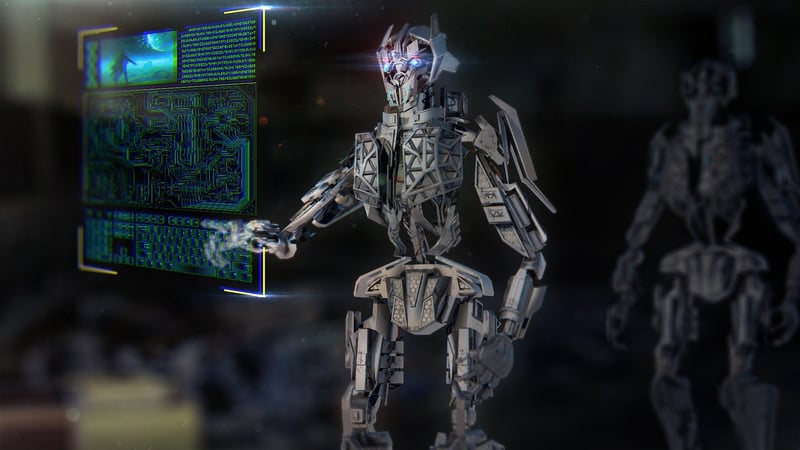Future Innovations
The Fascinating World of Time Shifts and Future Innovations
Time travel has been a popular topic in science fiction for decades, captivating audiences with its possibilities and challenges. While time travel as depicted in movies may not be possible yet, there are real-world phenomena that hint at the intriguing concept of time shifts.
1. Time Dilation
One of the most well-known aspects of time shifts is time dilation, a consequence of Einstein's theory of relativity. Time dilation occurs when time runs at different rates for observers in different conditions, such as those traveling at near-light speeds or experiencing strong gravitational fields.
2. Quantum Entanglement
Quantum entanglement, a phenomenon in quantum physics where particles become interconnected and can affect each other instantaneously regardless of distance, raises questions about the nature of time and space. Some scientists speculate that quantum entanglement could potentially be harnessed for futuristic communication systems.
3. Wormholes and Black Holes
Wormholes, theoretical passages through spacetime that could create shortcuts for travel between distant points, have captured the imagination of many. Black holes, on the other hand, are mysterious cosmic entities with intense gravitational forces that could potentially distort time itself.
Future Innovations
While time travel remains a speculative concept, the future holds exciting innovations that could revolutionize the way we experience time and space.
1. Quantum Computing
Quantum computing, a cutting-edge technology that leverages quantum phenomena to perform computations at unprecedented speeds, has the potential to transform various industries, from healthcare to finance, by solving complex problems in a fraction of the time of classical computers.
2. Space Exploration
Advancements in space exploration, such as the development of reusable rockets and plans for crewed missions to Mars, are pushing the boundaries of human knowledge and opening up possibilities for interplanetary travel and colonization.
3. Artificial Intelligence
Artificial intelligence (AI) continues to evolve rapidly, with applications ranging from autonomous vehicles to personalized medicine. As AI becomes more sophisticated, it has the potential to enhance productivity and improve decision-making across various fields.
Conclusion
While time shifts and time travel may remain speculative, the future is brimming with innovations that promise to shape our world in ways we can scarcely imagine. From quantum computing to space exploration and AI, humanity is on the brink of exciting advancements that could redefine our understanding of time and space.

Explore the endless possibilities of time and space, and let your imagination soar as we journey towards a future filled with extraordinary innovations!
